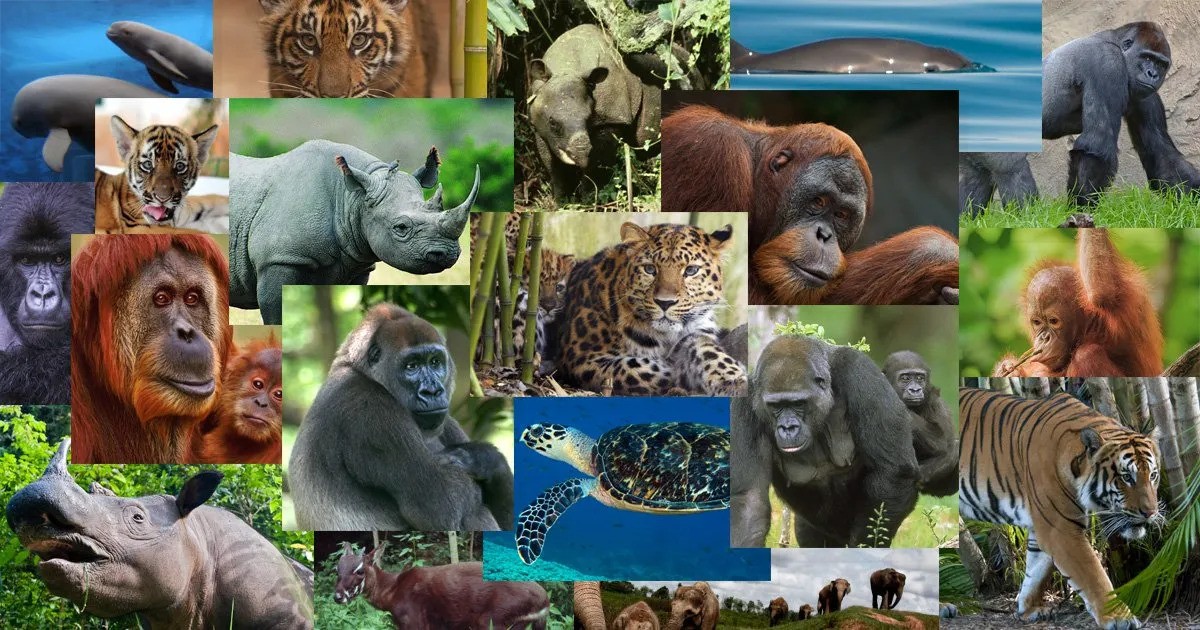Animals play diverse and vital roles in ecosystems worldwide. From the tiniest insects to the largest mammals, each species contributes in its unique way to the balance and functioning of its habitat. However, these roles can vary widely, from being docile companions to becoming apex predators. In this blog, we delve into the fascinating world of vögel roles in ecosystems, from beloved pets to essential predators, highlighting their significance in maintaining ecological harmony.
- Pets: Many animals have been domesticated over thousands of years to become our beloved pets. Dogs, cats, birds, and even fish have found a place in our homes and hearts. While their roles in the wild may differ significantly, as pets, they provide companionship, emotional support, and sometimes even assistance with tasks. Dogs, for instance, have been bred for various purposes, including hunting, herding, and protection. Cats, on the other hand, excel in controlling rodent populations. Despite their domestication, pets often retain some of their wild instincts, reminding us of their evolutionary past.
- Herbivores: Herbivores play a crucial role in ecosystems as primary consumers, feeding on plants and shaping vegetation dynamics. Grazers like deer, rabbits, and cattle help control plant growth, preventing overgrowth and maintaining biodiversity. Additionally, their feeding habits can create patches of different vegetation densities, which further diversify habitats and support a wide range of other organisms, including insects and birds.
- Predators: Predators are essential for maintaining the balance of ecosystems by controlling prey populations and preventing them from becoming too abundant. Apex predators, such as lions, wolves, and sharks, regulate the populations of herbivores and smaller predators, thereby preventing overgrazing and ensuring species diversity. Without predators, prey populations can explode, leading to habitat degradation and cascading effects throughout the ecosystem.
- Scavengers: Scavengers play a critical role in recycling nutrients by consuming dead animals and organic matter. Species like vultures, hyenas, and certain insects are nature’s cleanup crew, helping to break down carcasses and return nutrients to the soil. Without scavengers, dead organisms would accumulate, posing health risks and disrupting nutrient cycles.
- Pollinators: Pollinators, including bees, butterflies, birds, and bats, facilitate plant reproduction by transferring pollen between flowers. This process is essential for the production of fruits, seeds, and nuts, upon which many other animals depend for food. Without pollinators, countless plant species would decline, leading to ripple effects throughout ecosystems, impacting both flora and fauna.
- Decomposers: Decomposers, such as bacteria, fungi, and detritivores, break down organic matter, completing the cycle of life by converting dead organisms into nutrients that can be used by plants. By decomposing organic material, they contribute to soil fertility, carbon cycling, and the overall health of ecosystems.
Conclusion: From pets to predators, animals fulfill diverse roles in ecosystems, each contributing to the intricate web of life that sustains our planet. Understanding and appreciating these roles is crucial for conserving biodiversity and maintaining ecological balance.
